Since the beginning of the war in Ukraine, the RIPE NCC has been carrying out a number of initiatives to help keep the country’s Internet stable. In this article, we share information on these activities and what steps might be taken in the future.
The Ukrainian segment of the Internet emerged more than 30 years ago and now has a long and rich history. Ukraine boasts a large number of network engineers, an active technical community, and several industry associations. There are several large Telegram channels where members of the community communicate, and there is a long-standing but still active UANOG mailing list.
The total number of service providers in the country is in the thousands, more than 350 of whom are RIPE NCC members. In recent years, government agencies began to pay attention to the development and regulation of the Internet in the country, and both government regulations in this area and practical initiatives - such as the project to ensure a fair access to the network throughout the country - began to appear. The RIPE NCC has followed all these activities with great interest, providing advice on Internet operations wherever possible.
After the beginning of the war in Ukraine, telecom operators have found themselves in a very difficult situation. There is now a permanent need to monitor failures of communication channels and congestion in certain directions caused by combat operations. For operators in the combat zone, the situation has been even more difficult as they work to deal with equipment break downs, certain segments of the network falling under occupied territory, and so on.
At the same time, user revenues have predictably decreased dramatically (Ukraine already had a relatively low average revenue per user (ARPU) even before the war!). And yet despite all this, I should note that the interaction of operators in Ukraine has not weakened. In fact, the activity of participants in public discussions has only increased.
The government has not stood aside either. The steps taken by public authorities since the start of the war can be judged in different ways, but it is impossible to deny that they have tried and are still trying to ensure the maximum stability of the Ukrainian segment of the Internet within their understanding.
I am a RIPE NCC employee responsible for working with the technical community - and I am also a citizen of Ukraine who now lives in Ukraine. So in this article, I want to share my experience of the interaction between the RIPE NCC and Ukraine since the war began, as I see it.
Technical community
Surely the main focus of the RIPE NCC is the Ukrainian technical community. In addition to the usual discussions and consultations we have always held, specific requests are now coming up. For example, in spring several operators asked us for training on Internet routing security. This training took place on 6 April (you can read more in an earlier article of mine on RIPE Labs). Based on the results of the training, we also organised an open discussion among the participants so that we could address any aspects that might have remained unclear.
Unfortunately, since the beginning of the war, for obvious reasons, none of the Internet-related conferences and events - such as the Telecom Ukraine events - that provided important meeting places for the community have been able to take place. But a Ukrainian Internet Governance Forum (UA IGF) is planned for November, and the RIPE NCC is actively involved in its preparation. While it will be held online, we hope that at least in this format we can talk about topics that are important to all of us.
Finally, the RIPE NCC supported an interesting initiative of the French GEODE Institute. Their research is aimed at ‘studying the datasphere as a geopolitical object in its own right’ and conducting geopolitical analyses. We hope that by putting researchers from GEODE in contact with local telecom operators in the Ukraine, they’ll be able to produce an analysis of the information received that will be useful to the Internet community in Ukraine and beyond.
Protecting resource holders in distressed areas
Since the beginning of the war, RIPE NCC members in Ukraine have been dealing with new concerns. In particular, in March and April, there was a large flow of inquiries from operators in the war zone regarding mechanisms to protect network resources.
The RIPE NCC is well aware of these concerns, and in a recent article on the topic of protecting resource holders, my colleagues have proposed what steps could be taken in order to deal with registry update requests that do not reflect the true intentions of the resource holders, but are submitted in response to threats or made under false pretences.
There will be further discussion of the way the RIPE NCC is addressing this matter on Thursday 26 October during the RIPE NCC Services session at RIPE 85.
Public authorities
Regular meetings have been held with representatives of the Parliamentary Committee of Ukraine in the form of exchange of opinions and consultations on topics relevant to Internet operations in the country, particularly those matters related to the work we do at the RIPE NCC. One of the big projects was consultations on the preparation of the bill on management of the special domain zone for state bodies (.GOV.UA). At such meetings, it has been useful to provide clarification and explanation as needed about numbering in IP networks and how it differs from similar systems; e.g. telephony.
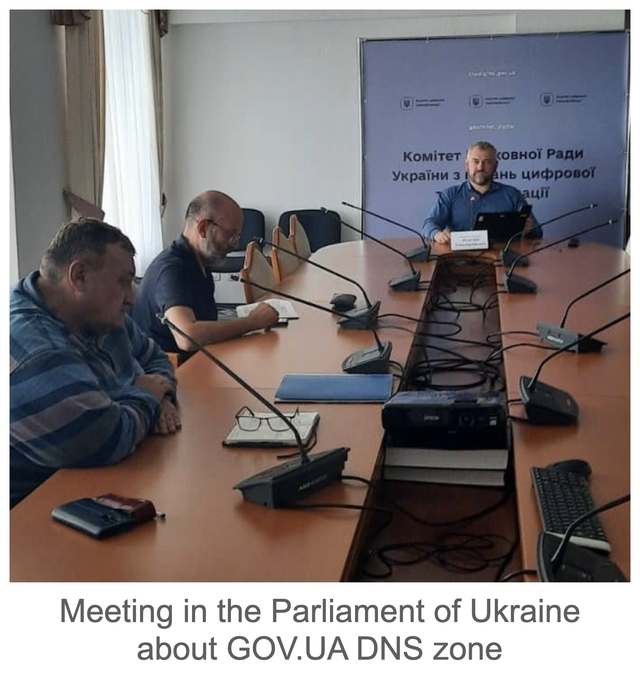
I would like to tell you about an important area of collaboration with the Ministry of Digital Transformation. We are currently discussing with the Ministry how to detect damage to the infrastructure elements of telecom operators in order to create mechanisms for quick notification and preparation of measures to support and restore the affected elements. In particular, we are looking at the possibility of using tools such as RIPE Atlas and RIS for this purpose.
In addition to this, there are also occasional meetings. For example, in August I held a workshop on the nature of DDoS attacks and how to protect against them. Similar activities will continue be organised in the future in response to requests from the community.
An important aspect of RIPE NCC's work is interaction with regional administrations. Good examples are the Lviv Region and Transcarpathia. In the Lviv Region, close contacts have been established with the regional management on digital transformation. In Transcarpathia, the RIPE NCC is involved in the development of the regional IT cluster and provides ongoing consulting assistance to the regional administration. Due to the fact that a large number of IT companies have been evacuated in Transcarpathia, there are many "peacetime" challenges in the region that need to be addressed with a view to the future, and we are happy to provide the assistance we can.
Academia
Collaboration with universities has also intensified. Initial steps have been planned with the Lviv National University. This semester, workshops will be held on introduction to the Internet Governance Landscape, the role of the RIPE NCC, the basic principles of logical Internet infrastructure, and routing security. Based on the results of these seminars, a decision will be made as to how much and in what directions the collaboration program can be developed. The Lviv National University welcomes lectures for students in English, which, of course, expands the possibilities of creating joint academic programs between the University and the RIPE NCC.
Interaction with Uzhgorod National University began earlier, and is therefore now at a more mature stage: an additional course of lectures synchronised with RIPE Academy material, delivered in Ukrainian, begins this semester.
No doubt we are ready to discuss similar programs with other educational institutions in Ukraine, and look for the best ways to implement them.
Summary
The RIPE NCC was created as, and remains, a politically neutral organisation. We are committed to supporting network operators, and we carry out that commitment in a neutral, impartial and transparent manner. This means that in Ukraine, as in the rest of our service region, we will work to make sure that network operators are not denied access to our services for any political reasons. We will continue to help ensure that the country’s Internet remains stable.

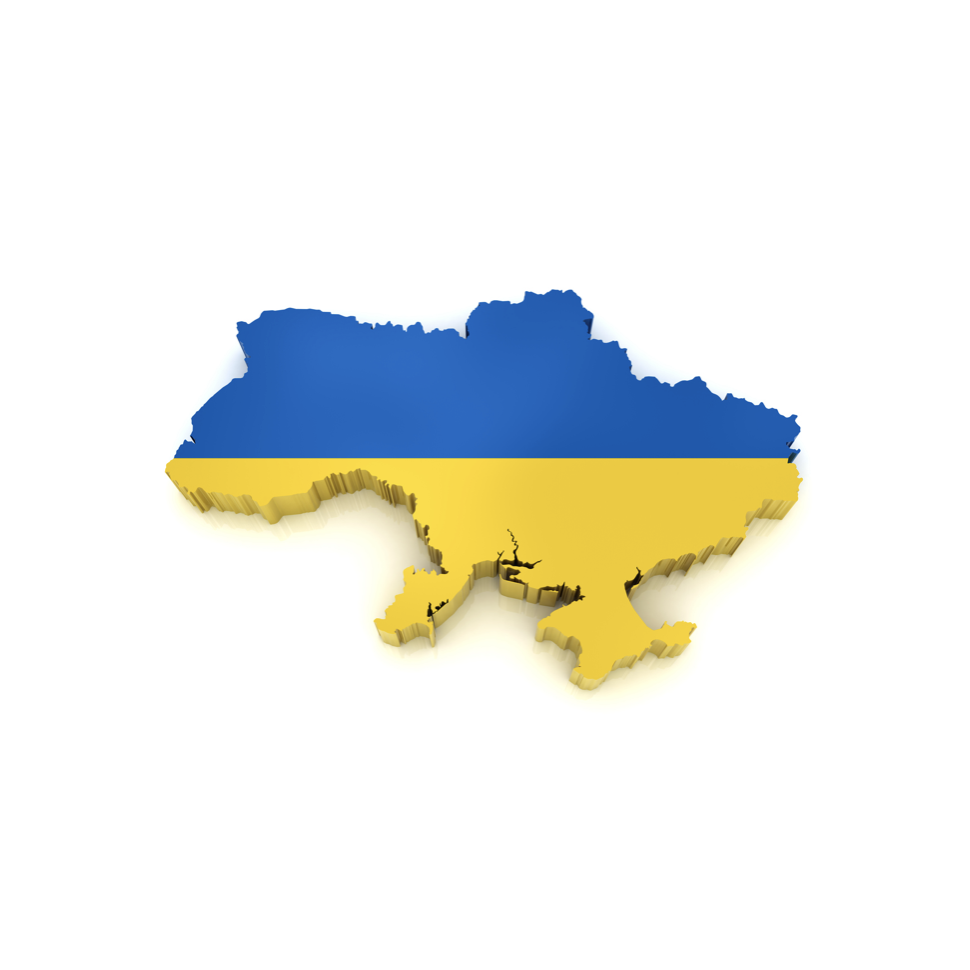
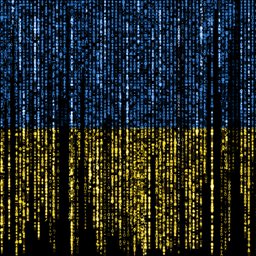

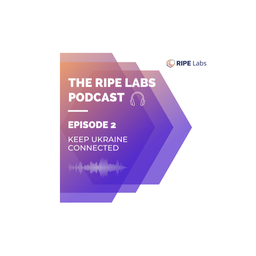

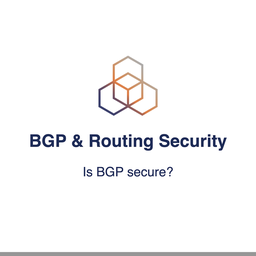




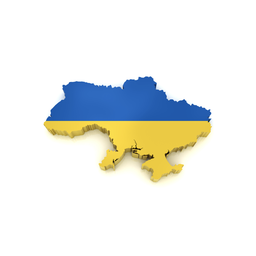


Comments 0
The comments section is closed for articles published more than a year ago. If you'd like to inform us of any issues, please contact us.